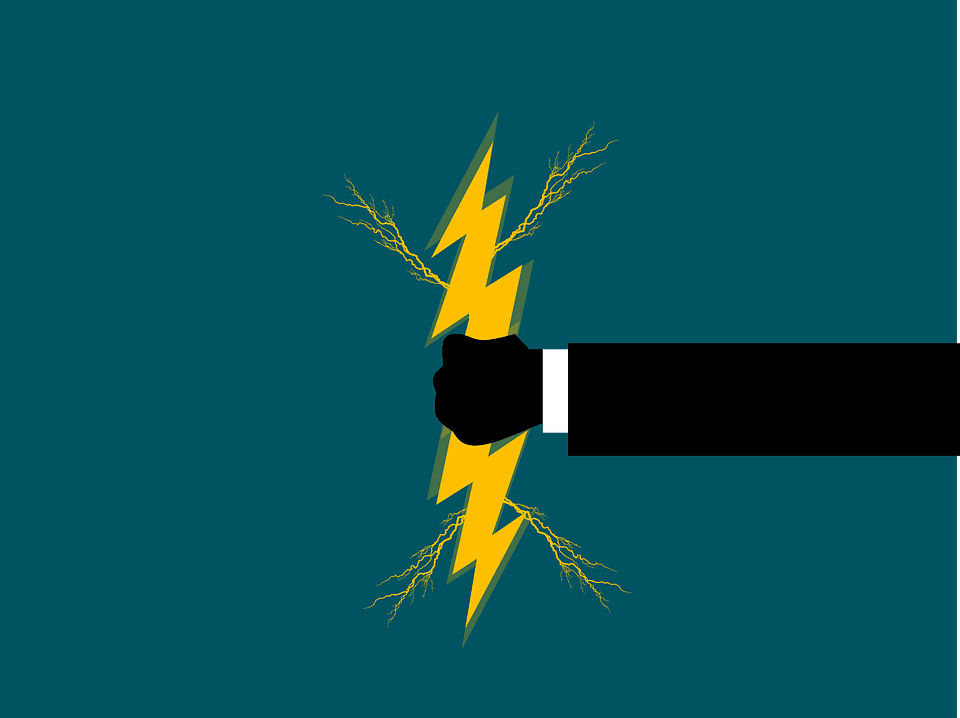I argued earlier that two fundamentals are required to defend capitalism and business: defining capitalism by essentials and claiming the moral high ground. Here I elaborate how these fundamentals can be used by anyone in business (or elsewhere) who wants to defend freedom against government coercion.
Two current Canadian examples concretize such coercion: the housing shortage and affordability crisis and the ongoing imposition of net-zero carbon policies.
The former is caused by the high taxes on real estate development and provincially legislated rent controls. These coercive measures disincentivize new housing construction and ownership of rental properties which has led to severe shortages, particularly of rental housing, steeply increasing prices, and people unable to find or afford housing. Researchers have estimated that the net-zero policies (such as carbon taxes and the carbon-free electricity grid) will cost about $2 trillion by 2050, without impacting climate change but impoverishing Canadians and destroying businesses.
The critics of government coercion of business (such as those linked to above) have based their arguments on logic (grounded on facts) and economic cost. It makes no sense, they say, to impose high taxes on real estate development and rent controls because the consequence is housing shortages and unaffordable prices to consumers. The critics have also argued that the cost of climate change policies exceeds their social benefits.
But the governments tend to ignore logical and economic arguments because they are ideologically committed to the notion of a climate emergency (not supported by facts) that must be fought at all costs (born by taxpayers). A stronger argument to defend capitalism and business against government coercion is needed. It comes from morality.
A moral defense of capitalism
It is important to understand the moral defense and be prepared to undertake it because there are few voices willing to challenge the growing anti-capitalist movement and the government coercion aligned with it.
The moral defense of capitalism and business rests on a key moral principle, individual rights, that America’s founders (and to certain extent, those of Canada) understood to be the cornerstone of harmonious human co-existence in society. But it was Ayn Rand who explained why:
“Rights are conditions of existence required by man’s nature for his proper survival. If man is to live on earth, it is right for him to use his mind, it is right to act on his own free judgment, it is right to work for his values and to keep the product of his work. If life on earth is his purpose, he has a right to live as a rational being: nature forbids him the irrational.”
In other words, rights are the moral principle that protects the freedom of individuals, including businesses, to act as their nature requires of them to survive. This means that we must be free to think and act on our thinking: to produce and trade with others by mutual consent. The only way to stop us from thinking, producing and voluntarily trading is physical coercion by the government or by others. Therefore, arguing for individual rights to life, liberty, property, and the pursuit of happiness – the basis of human flourishing in a free society – yields one the moral high ground.
In the examples above, the Canadian government violated individual rights. It violated the property rights of real estate developers by taxing them to the extent that new construction was not economically viable, especially on low-cost housing. It violated the right of landlords and tenants to trade freely and agree on prices. Government’s climate policies violate the rights to liberty and property by banning the use of fossil fuels, including in electricity generation, and mandating electric vehicles.
Calling out the government on these rights violations would be more powerful than trying to argue on logic and economics. [The moral argument could also be a basis for a legal case and merit support from Canadian Constitution Foundation to challenge the government in court].
Appealing to individual rights to defend the freedom of business to operate also makes a case for capitalism, a social system where the government’s only role is to protect – not to violate – individual rights. As first recognized by Ayn Rand, individual rights are the central moral principle of capitalism, the only system where physical coercion, including fraud, is banned.
Business requires the recognition and protection of individual rights to produce and trade goods and services profitably – on which it and the rest of us depend for survival and flourishing. Therefore, business must embrace individual rights and use that moral high ground to defend itself and capitalism.




